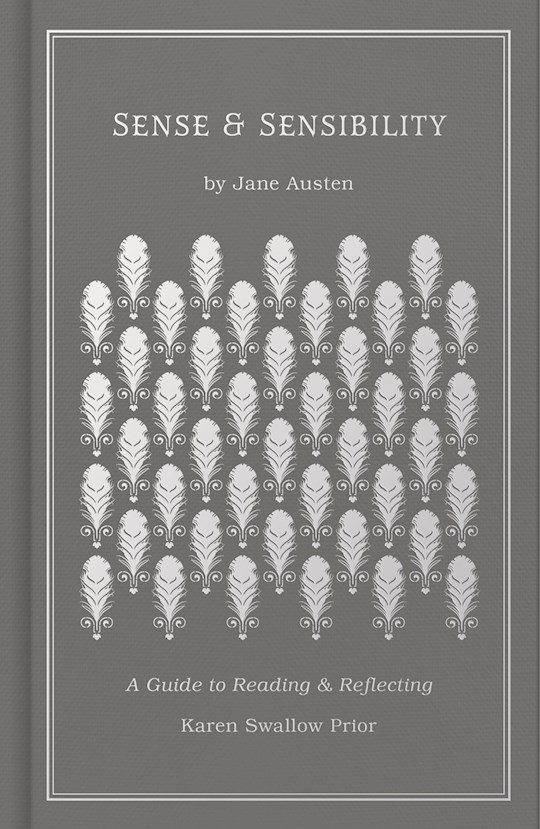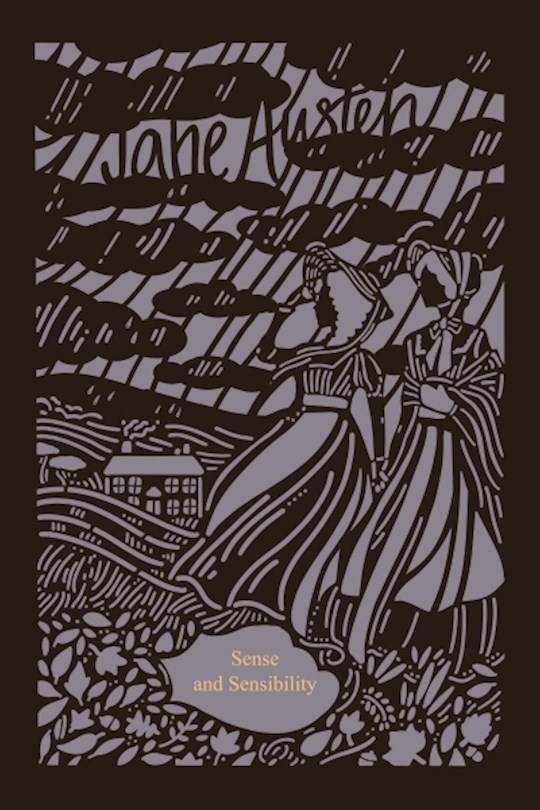Louisa May Alcott is the beloved author of one of the world's great classics of literature, Little Women. First published in 1868, Little Women has captured the imaginations of countless young adults who thrill to read the seemingly real-life adventures of Meg, Jo, Beth, and Amy of the impoverished March family.
A groundbreaking work at the time, Miss Alcott's story is one of the first books to treat children as real people, with real feelings and
... Show More varied motives, in a realistic setting. Miss Alcott's characters hope, sorrow, and strive in a way that makes readers care for and believe in them.
With the success of Little Women, Louisa May Alcott became established as one of the leading lights of American literature and one of the most successful authors of her time. Although her fame was sudden, it did not come easily.
Born in 1832, Louisa May Alcott's fairy tale life did not have a fairy tale beginning. Her father, Bronson Alcott, was an earnest, impractical man who, without much formal education decided to become a schoolteacher and educational reformer. He failed in the educational profession several times, and with each failure came further poverty for his family. It was left to Louisa's mother, Abba Alcott, to give the family some semblance of emotional and financial stability.
Abba Alcott had to demonstrate a practicality that did not seem to dwell in the deep philosophical and educational recesses of Bronson Alcott's mind. Most assuredly the model for the character Marmee in Little Women, Abba became one of Boston's first social workers, and with her meager income, kept the family supplied as best she could with material necessities.
Abba's example of self-sacrifice greatly affected her daughter. From a very early age, Lousia May began to act the role of an adult and took it upon herself to do what she could to pull her family out of genteel, and sometimes not so genteel, poverty. She took any menial job to help out and was very aware of the fact that friend and neighbor Ralph Waldo Emerson had made them gifts of money over the years.
From very early on. Louisa May Alcott was able to help the family by publishing short articles, poems, and stories in the various magazines that fed the voracious reading appetite of the Boston Public. While these efforts never paid great sums of money, they did provide a little relief for the family and a lot of experience for Louisa.
Ironically enough, it was the Civil War that gave Miss Alcott the freedom to step out of the family shadows and into her own limelight.
In 1862, Louisa May Alcott volunteered to become a nurse in a Union hospital. The experience, though short, changed her life. After the briefest of training, she found herself caring for desperately ill and dying men. She discovered new strength in herself as she fed her charges, helped alleviate their sufferings, and ministered words of comfort to those who would not see home nor sweetheart again.
The work was exhausting, the conditions for the nurses themselves apalling, and Louisa nearly died. Bronson Alcott himself had to come to Washington, D. C., to rescue her, and although she recovered rapidly, her health was never quite the same.
Out of this tragic experience came her war book, Hospital Sketches. In itself not a great success, the book did give evidence of a new maturity in Louisa's writing. This maturity was appreciated by her Boston publishers who became increasingly supportive of her work. Writing as much as thirty pages of copy a day, from this time forward, Miss Alcott never lacked an outlet for her writing.
Then, in 1868 came Little Women, instant fame, and the enormous sum of $8,000 in royalties. The family's financial worries were at an end. The very happy conclusion of Little Women really did mirror that of her own dear family except for one thing: Louisa May Alcott never married as Jo March did. That was a dream that was never to be.
Instead, Louisa May remained faithful to her family, nursing her mother through her last illness, and finally passing away herself in the same year her father died. From 1832 to 1888, it had been a short but eventful life. Show Less
